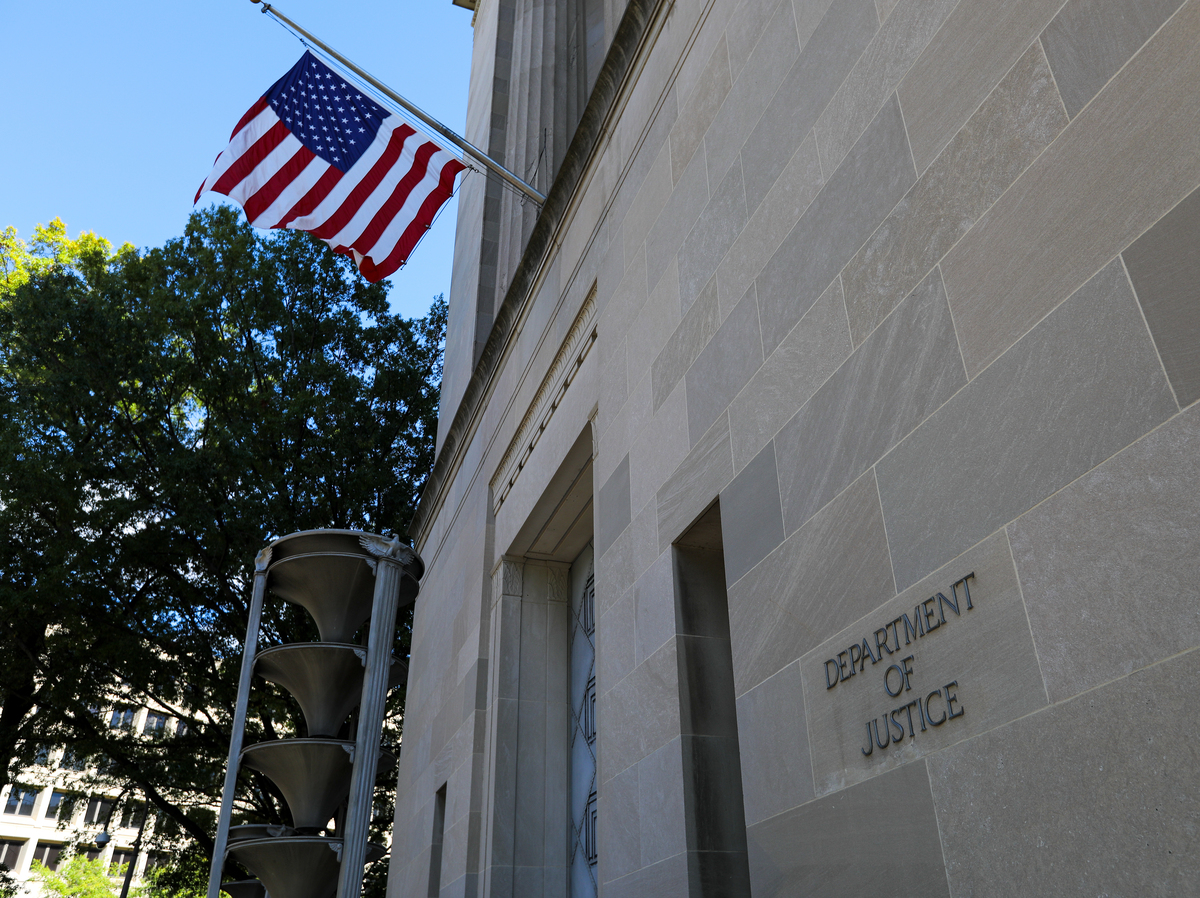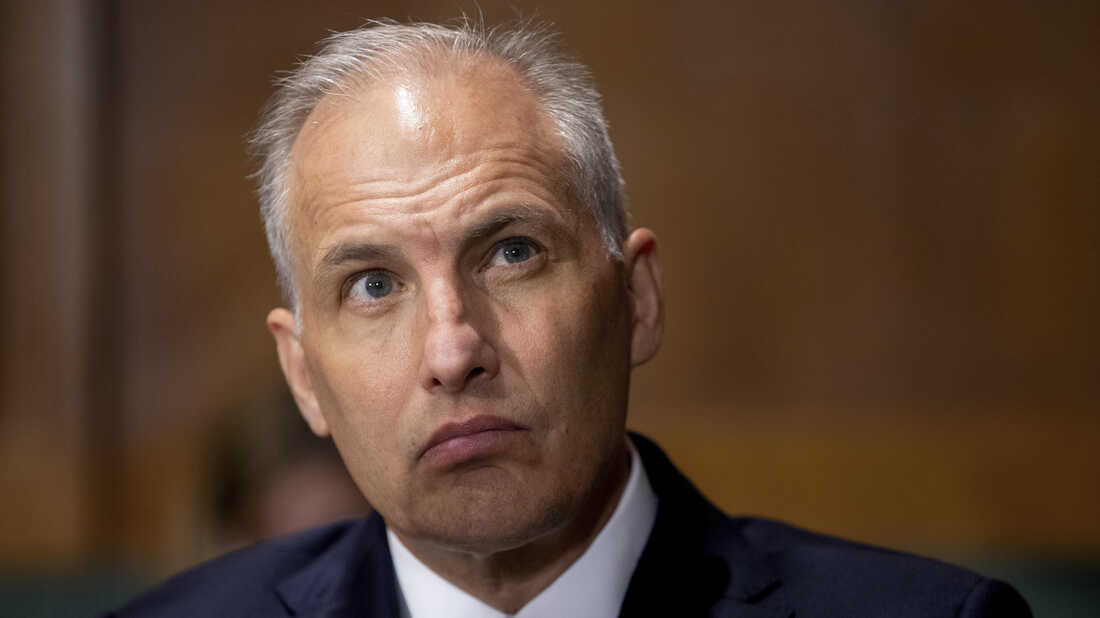
The Justice Department is ending its controversial China Initiative


The Justice Department is scrapping a program that it launched under the Trump administration to counter Beijing’s theft of American intellectual property. Yasin Ozturk/Anadolu Agency via Getty Images hide caption
toggle caption
Yasin Ozturk/Anadolu Agency via Getty Images

The Justice Department is scrapping a program that it launched under the Trump administration to counter Beijing’s theft of American intellectual property.
Yasin Ozturk/Anadolu Agency via Getty Images
The Justice Department said Wednesday that it is scrapping its China Initiative, a program that it launched under the Trump administration to counter Beijing’s theft of American intellectual property but increasingly came under criticism from civil rights groups that say it created a climate of fear among Asian Americans.
The decision to end the program comes after a months-long review ordered by the new head of the National Security Division, Assistant Attorney General Matthew Olsen.
“While I remain focused on the evolving, significant threat that the government of China poses, I have concluded that this initiative is not the right approach,” Olsen said in a speech Wednesday at George Mason University.

Instead, he said, the current threat landscape, which includes Russia, Iran and North Korea in addition to China, demands a broader approach.
The Justice Department will continue to combat Chinese espionage and cyberthreat
The department announced the China Initiative in 2018 to combat what officials said at the time — and still say — is the Chinese government’s relentless campaign to steal U.S. secrets, technology and cutting-edge research.

The decision to end the program comes after a review ordered by the new head of the National Security Division, Assistant Attorney General Matthew Olsen. Amanda Andrade-Rhoades/AP hide caption
toggle caption
Amanda Andrade-Rhoades/AP

The decision to end the program comes after a review ordered by the new head of the National Security Division, Assistant Attorney General Matthew Olsen.
Amanda Andrade-Rhoades/AP
The scale of Beijing’s efforts, American officials say, is staggering.
Last month, FBI Director Christopher Wray said the bureau has more than 2,000 China-related cases. It opens a new China-related case every 12 hours.
“There is just no country that presents a broader threat to our ideas, our innovation, and our economic security than China,” Wray said in a speech at the Ronald Reagan Presidential Library.
Olsen said he agrees with that assessment, and he vowed that the Justice Department will continue to combat Chinese espionage and cyberthreats, just without the China Initiative banner.
“Make no mistake, we will be relentless in defending our country from China,” he said. “The department will continue to prioritize and aggressively counter the actions of the PRC government that harm our people and our institutions.”

But he also said the department needed to be responsive to concerns raised by civil rights groups, academics and scientists about what they say were negative ripple effects caused by the initiative.
Civil right groups, for example, said the department’s effort amounted to racial profiling against Asian Americans. They also say it helped fuel a narrative of intolerance and bias against Asian Americans at a time when attacks and hate crimes targeting Asians in the U.S. were already skyrocketing.
“Anything that creates the impression that the Department of Justice applies different standards based on race or ethnicity harms the department and our efforts, and it harms the public,” Olsen said. “I do believe that the China initiative was driven by genuine national security concerns, but I am also mindful that the department must maintain the trust of the people whom we serve.”
Some have raised concerns about racial profiling
Academics and scientists, meanwhile, expressed similar concerns about racial profiling, while also raising alarms about grant fraud cases brought under the China Initiative’s umbrella. In those prosecutions, the department has charged scientists and researchers for failing to disclose ties to China on their grant applications.
“We have heard that these prosecutions — and the public narrative they create — can lead to a chilling atmosphere for scientists and scholars that damages the scientific enterprise in this country,” Olsen said.
Several of the department’s grant fraud cases ultimately fell apart, including one recently against MIT scientist Gang Chen. But prosecutors also had notable wins, such as the conviction of Harvard professor Charles Lieber.
Going forward, Olsen said, the department will change its approach to grant fraud cases. He said prosecutors will look to potentially taking civil or administrative actions instead of pursuing criminal prosecutions.
“We are going to work closely with the FBI to assess evidence of intent, as well as materiality and the nexus of these cases to our national or economic security,” he said. “And those factors are going to guide our decisions.”
There are several outstanding grant fraud prosecutions brought under the initiative. Asked whether the new approach will be applied retroactively to those cases, Olsen signaled that they would not.
“We’re comfortable with where those cases are and that we continue to stand behind them,” he said.
Source: https://www.npr.org/2022/02/23/1082593735/justice-department-china-initiative

















